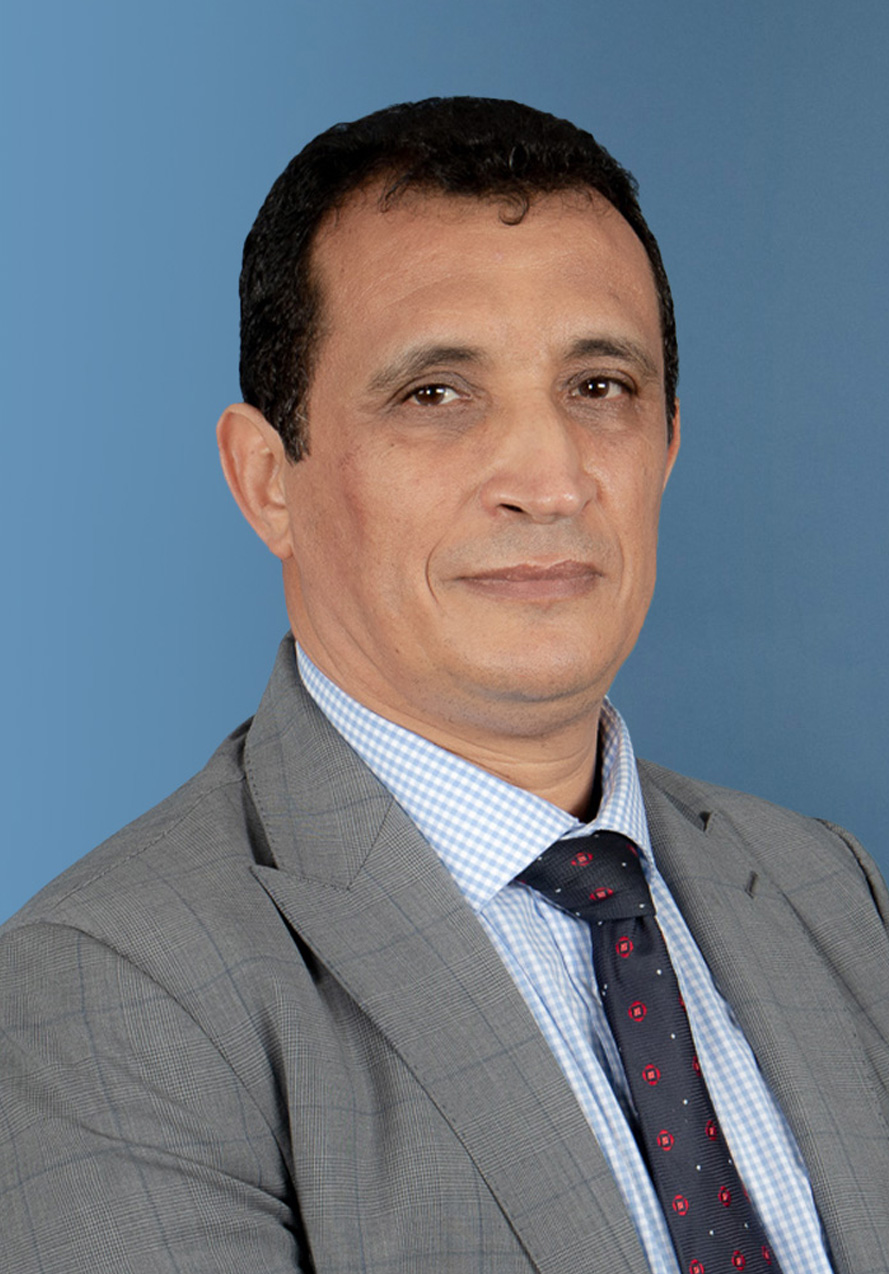Session 3: Intellectual and Tactical Shifts in The Narratives of Extremism and hate speech The Executive Board Committee of the Moroccan Observatory on Extremism & Violence (OMEV), in partnership with the Policy Center for the New South (PCNS), the “Délégation générale à l'Administration Pénitentiaire et à la reinsertion (DGAPR), and the Rabita Mohammadia of Ulema, will organise an online conference under the theme “Fighting Against Terrorism: New Challenges and New Needs”. This event will take place on February 16th- 18th February, 2021 in Rabat. There is no doubt that the general landscape of terrorist threats in the world has witnessed both of a qualitative and a geostrategic shift during the last three years, whether at the operational level or at the geographical redeployment of terrorist organizations, with the aim of creating a kind of jamming the efforts of the international active forces in the battle to fight against terrorism and violent extremism, especially during this difficult situation that the world lives as a result of the current epidemic crisis. Transformations started to manifest immediately after the intense attacks against ISIS' threats; in Syria and Iraq, resulting in a significant loss of its control over the territories and on its own affiliates. Right after the death of its leader Abu Bakr Al Baghdadi, ISIS fighters started searching for new safe havens, by either choosing to continue their struggle in some hotspots in Iraq and Syria, to get back homes, or by moving to settle down in new zones of tensions known as Security fragile or politically instable, mainly in Sub-Saharan Africa, Libya, Yemen, and even in some Asian countries that have witnessed an expansion and an increase in the number of terrorist attacks in these recent years. This qualitative shift has also been reflected in and by the change of terrorist's tactics in their multiple dimensions, in their modes of attacks, in their narratives, in their tools of connection and communication, and sometimes also in their capacity to change priorities of the targeted objectives and countries. The continuing instability in some zones like the Sahel, Libya, and Yemen and the proliferation of weapons constitute a fertile ground for the resurgence of terrorism, which impedes the efforts devoted to paralyze the movement of terrorist organizations, and extends the scope of terrorist threats in the world. Since the beginning of the year 2020, the whole world has been experiencing an unprecedented health crisis as a result of the outbreak of the Covid-19 epidemic, that has created an emergency confusion and had undoubtedly an impact on the new terrorist landscape configuration. It had required the development of new mechanisms to assess the implications of the health crisis on countries' psychological, social, economic and political vulnerabilities and their communities in which terrorist organizations have manifested strong will to instrumentalize to handcraft advanced extremist narratives.







